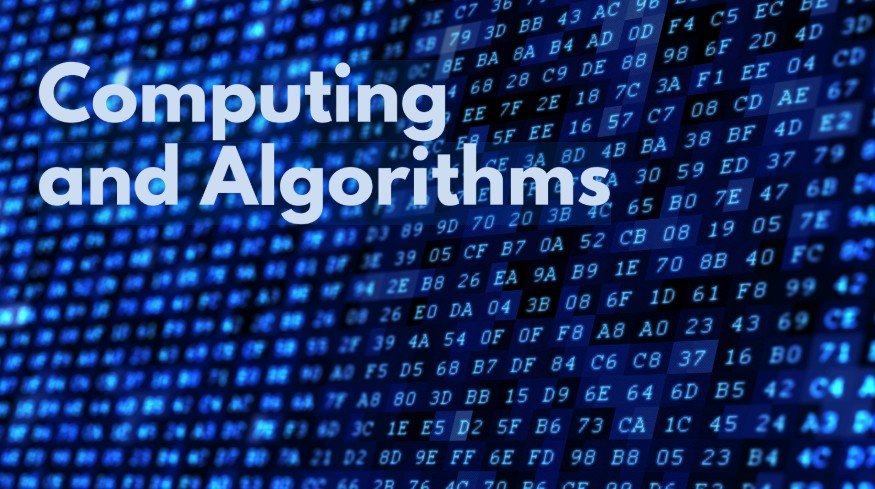NIST researcher Stephen Jordan has proposed that quantum computers may not be limited by the energy of their underlying physical system, challenging previous assumptions about their speed limits. His findings suggest that quantum computers could potentially perform an arbitrarily large number of logic operations while only hopping through a constant number of distinct states, potentially allowing them to break previously suggested speed limits.
The implications of this discovery are significant for quantum computing applications, particularly in the simulation of physical systems. While the theoretical speed limit on clock speed was thought to place an upper bound on this task, Jordan’s findings suggest that quantum computers could simulate physical systems of greater complexity than previously thought. However, this could also make them harder to simulate on quantum computers if energy does not limit the computational complexity of naturally occurring systems.
Jordan’s research does not imply that there are no limits to how fast a quantum computer could conceivably calculate, but rather that these limits derive from other aspects of physics than merely the availability of energy. He suggests that considering geometrical constraints and the speed of light could provide more solid arguments for the real limits to computational speed.
Source: https://www.nist.gov/news-events/news/2017/03/quantum-computers-may-have-higher-speed-limits-thought
Keywords: quantum, computers, qubits, clock, speed


